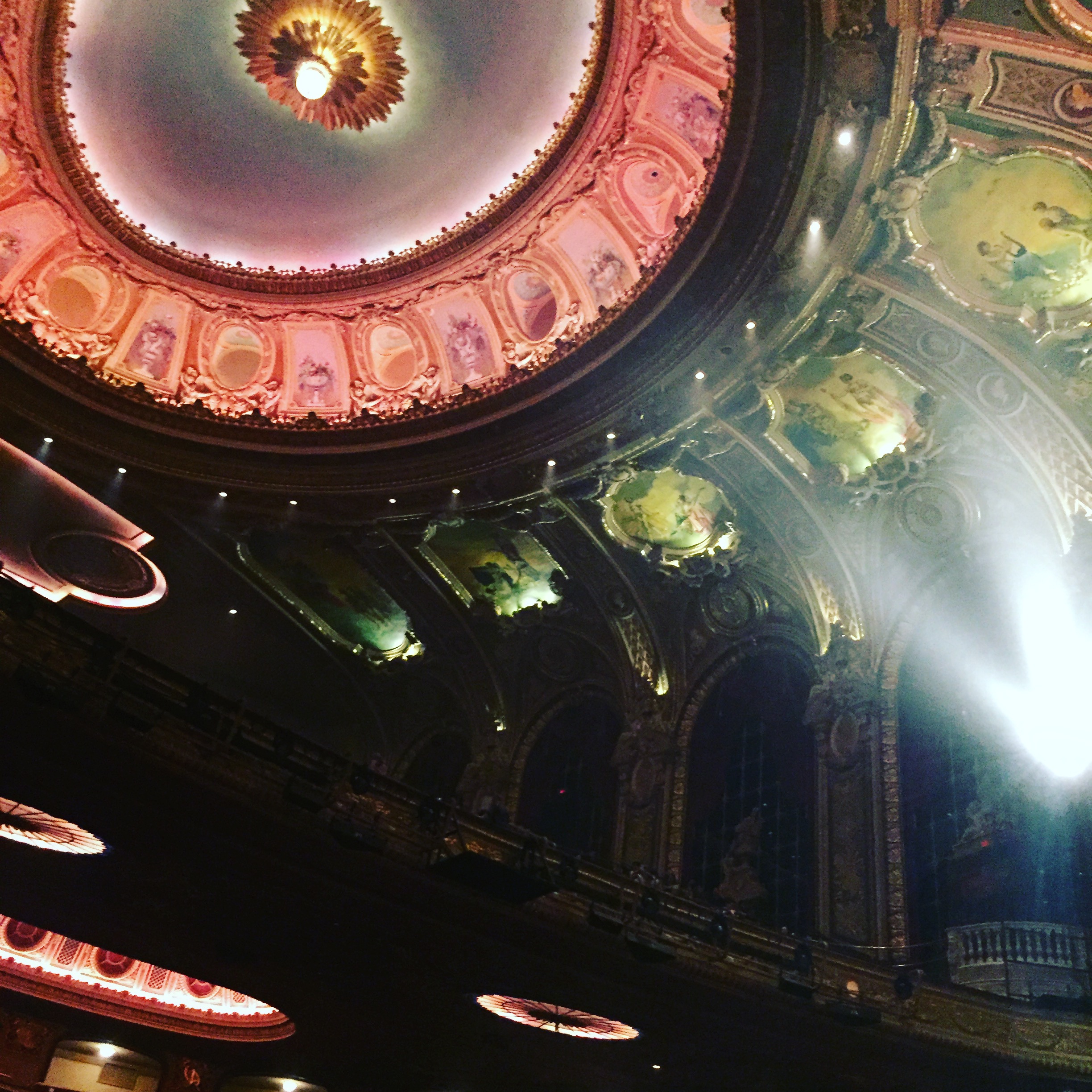
Survival and Appreciation
Evolution is unlikely to occur if everyone within a species has an equal chance of survival and an equal opportunity, as a surviving adult, to mate and produce offspring.
Implications: Organizations foster innovation when they are truly being challenged to do it right in order to survive. There is a critical decision-point in the life of any organization and any leader of an organization. When faced with a major life-threatening challenge, the choice is to either freeze and hope the challenge will go away, or seek out new solutions—and perhaps even more importantly seek out actions that have already been engaged in the organization when faced with a similar challenge in the past. This doesn’t mean returning to old solutions. As Scharmer (2009, p. 7) has proposed in Theory U, we must be able to “learn from the future as it emerges”.
Scharmer notes that: “leaders cannot meet their existing challenges by operating only on the basis of past experiences . . . . Sometimes you work with teams in which the experiences of the past are actually the biggest problem with and obstacle to coming up with a creative response to the challenge at hand.” (Scharmer, 2009, p. 8) How do we learn, as Sharmer writes, “to better sense and connect with a future possibility that is seeking to emerge?” I would apply to organizational life the biological theorists’ proposition that evolutionary change requires selective survival: the surviving organization in the 21st Century is likely to be one that can learn into the future.
How do we learn into the future? It doesn’t mean we abandon the past, but it does mean that we are selective about what we take from the past and are required to always test this acquisition from the past against emerging challenges and realities. We need to catch people when they are doing it right in response to the new realities and need to reinforce this successful behavior. Members of an organization will often do it wrong in a world that is changing rapidly and in unpredictable ways. However we can learn not just from our mistakes but also from our successes. We create a learning organization when we can appreciate (and learn from) the times when our organization gets it right.
This is the key point to be made by Hardy-Weinberg: not every idea is equally good, so we must reinforce the good ideas. We must not just celebrate our successes, we must also spend time reflecting on the lessons to be learned from these successes, knowing full well that these lessons will not fully match with future challenges (learning forward). This appreciation provides courage and persistence, as well as partial answers to the new challenges.
Applications: In order to promote organizational innovation, a coach should encourage her leader client to create and maintain a learning organization that is geared not only to learning from its mistakes but also to learning from its successes. The coach should encourage and guide her leader as he learns into the future through embracing successes rather than just seeking to avoid failures.






